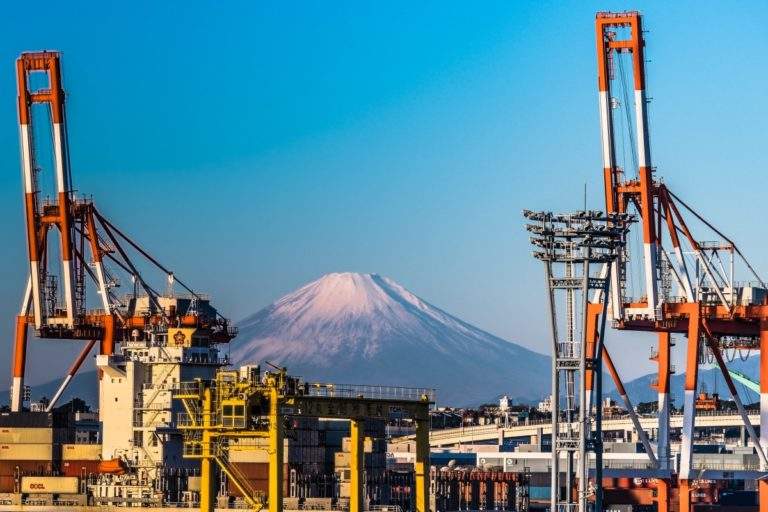05/02/2021
On 26 October 2020, Prime Minister Yoshihide Suga pledged that Japan would aim to become a carbon-neutral country by 2050. Despite doubts about the achievability of the goal, several steps have already been undertaken to reach this objective. Suga’s vision of a green society is strongly ingrained with the idea of economic growth. However, questions concerning this logic have arisen over the course of the last decade or so and the concept of degrowth has received increasing attention. In this paper, Japan’s case will be assessed and linked with different aspects of degrowth. Factors that will be considered are Japan’s energy mix, its efforts towards securing sustainable energy, and its initiatives with regards to tackling climate change. Finally, several policy suggestions will be made, and the feasibility of degrowth policies, as well as possible ways of addressing the idea will be briefly discussed.
Author: Elias Bouckaert, Junior Researcher, EIAS
(Correction 16/02/2021:
“Solar capacity in 2019 already amounted to 62 GW, while wind energy only produced 4 GW” (p. 14) -> This should be 62 and 4GW cummulative installed capacity, rather than concrete generation.
For more info, see this link)
Photo credits: aotaro

